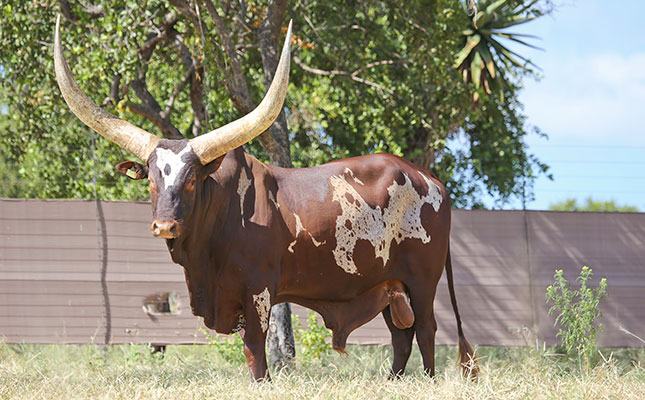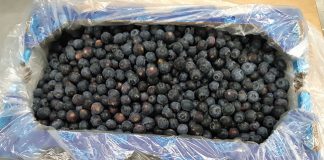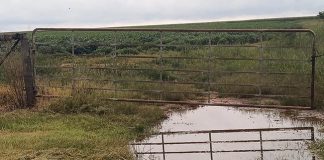
Photo: Twin City Game Breeders
The recent sale of the eight-year-old Ankole bull ‘Sebastiaan’ (A12 36), for a record price of R3 million, has highlighted the bright future of the breed in South Africa.
“The interest in the breed is snowballing because it is a dynamic breed that is well adapted to the harshest conditions,” Martin Joubert, council member of the Ankole Breeders’ Society of South Africa, told Farmer’s Weekly.
READ Cyril Ramaphosa’s Ankole bull sells for R640 000
“One of the biggest draw cards to the breed is its adaptability, and [the animals are] often kept as a tourist attraction on game farms where tourists [have shown an interest in seeing] them in addition to the Big 5,” he said.
Johan Visagie, managing director of Twin City Game Breeders, sold the bull along with an additional 1 000 semen straws, to Pieter Ernst Sr of Bona Bona Gamebreeders.
According to Visagie, the bull had excellent genetics, with 45” horns and a spread of 53 1/8”.
MJ Ernst, a director at Bona Bona Gamebreeders, said the operation had recently sold its Ankole bull at auction, and had been in the market to replace it with a bull that had a unique bloodline from the other Ankole cattle on the farm.
“In terms of characteristics, we were looking for a bull with a big build and good lines, and this bull was just excellent overall.”
Ernst said the business currently had 35 Ankole cattle, and were looking to increase the stud operation by using the semen straws for artificial insemination once they have identified the most suitable cows.
The Ankole cattle were mainly kept for eco-tourism purposes at the business’s game lodge, while a small number were allowed to roam wild.
“They are very hardy animals and perfectly adapted to survive in the wild.”
Joubert said the sale was great in terms of conserving the breed, which was originally imported from Uganda by President Cyril Ramaphosa. Current estimates indicated that the breed could become extinct in the next 20 years if a concerted effort was not made by breeders to increase herd numbers.












